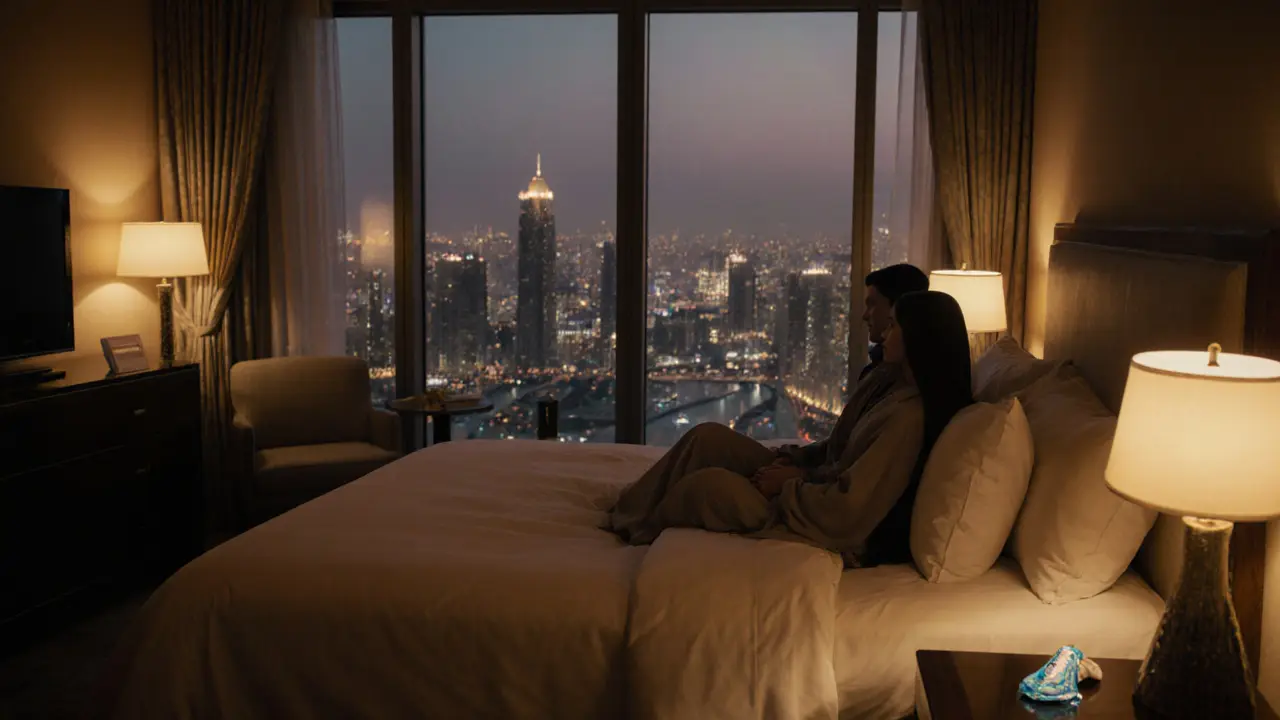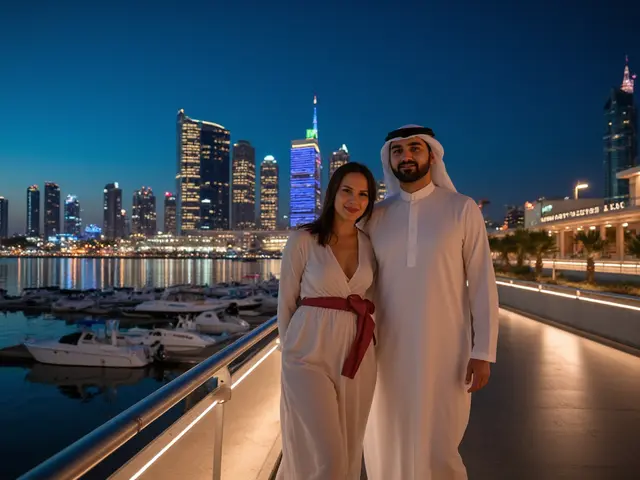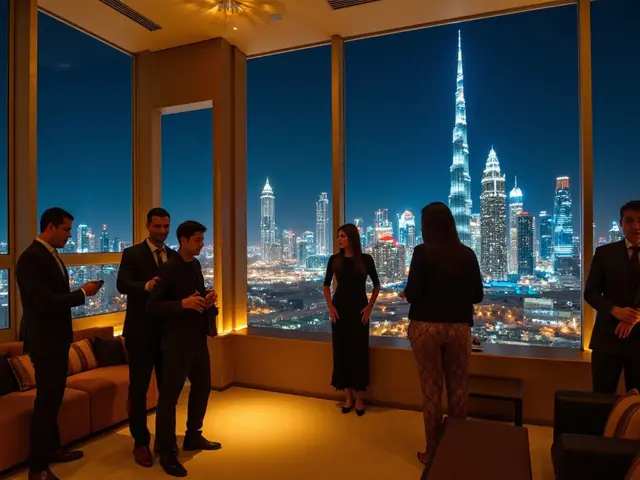Dubai Intimacy Laws Explained
When navigating Dubai intimacy laws, the set of legal rules that govern consensual and commercial sexual activities in Dubai, including restrictions on public displays, escort services, and prostitution. Also known as Dubai sexual conduct regulations, it shapes how residents and visitors handle private and public intimacy. These laws sit inside a bigger picture: the UAE legal framework, the federal system of statutes and Sharia‑based codes that apply across all emirates. Understanding both levels helps you avoid costly mistakes and stay safe.
The Dubai intimacy laws cover three main zones. First, they define what counts as consensual activity and set the age of consent. Second, they regulate commercial services like escorts and call girls, often labeling them as illegal under prostitution statutes. Third, they control public behavior, meaning no overt displays in clubs, beaches, or hotels without proper permission. In short, the law requires consent, restricts commerce, and manages public order. This triple relationship—consent, commerce, and public conduct—guides every decision you make in the city.
Key Areas Covered by the Regulations
One important related entity is escort regulations, specific rules that make hiring escorts risky, because the UAE treats most paid sexual services as illegal. These regulations intersect with nightlife rules, another entity: nightlife laws, the set of licensing and behavior standards that clubs, bars, and events must follow, including restrictions on alcohol and dress codes. When a club tries to host a private “VIP” area for intimate gatherings, both escort and nightlife laws collide, forcing the venue to obtain special permits or face shutdown.
For visitors, the biggest practical question is: can you engage in a consensual relationship with a local? The answer lies in the consent clause of the Dubai intimacy laws, which mandates that any intimate act must be mutually agreed upon and free of coercion. This rule aligns with the broader UAE legal framework that prioritizes personal safety and public morality. Violating consent rules can trigger severe penalties, regardless of whether money changes hands.
Another common scenario involves “private parties” organized through social apps. Even if the gathering stays behind closed doors, the nightlife laws still apply if the venue holds a public license. Thus, a house party that serves alcohol without a license could be deemed illegal, linking private intimacy directly to public regulation.
From a practical standpoint, the safest route is to keep any paid companionship strictly within the boundaries of tourism services—like a guided dinner or cultural tour—where no explicit sexual exchange occurs. This respects the escort regulations and keeps you clear of the prostitution statutes that the Dubai intimacy laws enforce.
For Emirati residents, the laws also affect how they can express affection in public. Simple gestures like holding hands are generally accepted, but more intimate displays such as kissing can attract fines if they occur in visible public spaces. The public behavior component of the Dubai intimacy laws therefore shapes everyday social interactions, not just the nightlife scene.
When you combine the three entities—UAE legal framework, escort regulations, and nightlife laws—you get a comprehensive map of what’s allowed, what’s risky, and what’s outright prohibited. This map guides hotels, event planners, and individual travelers alike, ensuring that fun nights don’t turn into legal headaches.
Below you’ll find a curated selection of articles that break down each of these points in detail, from how to spot a licensed venue to what to expect when booking a companion. Use them as a toolbox to stay informed, stay safe, and enjoy Dubai’s vibrant scene without crossing legal lines.











